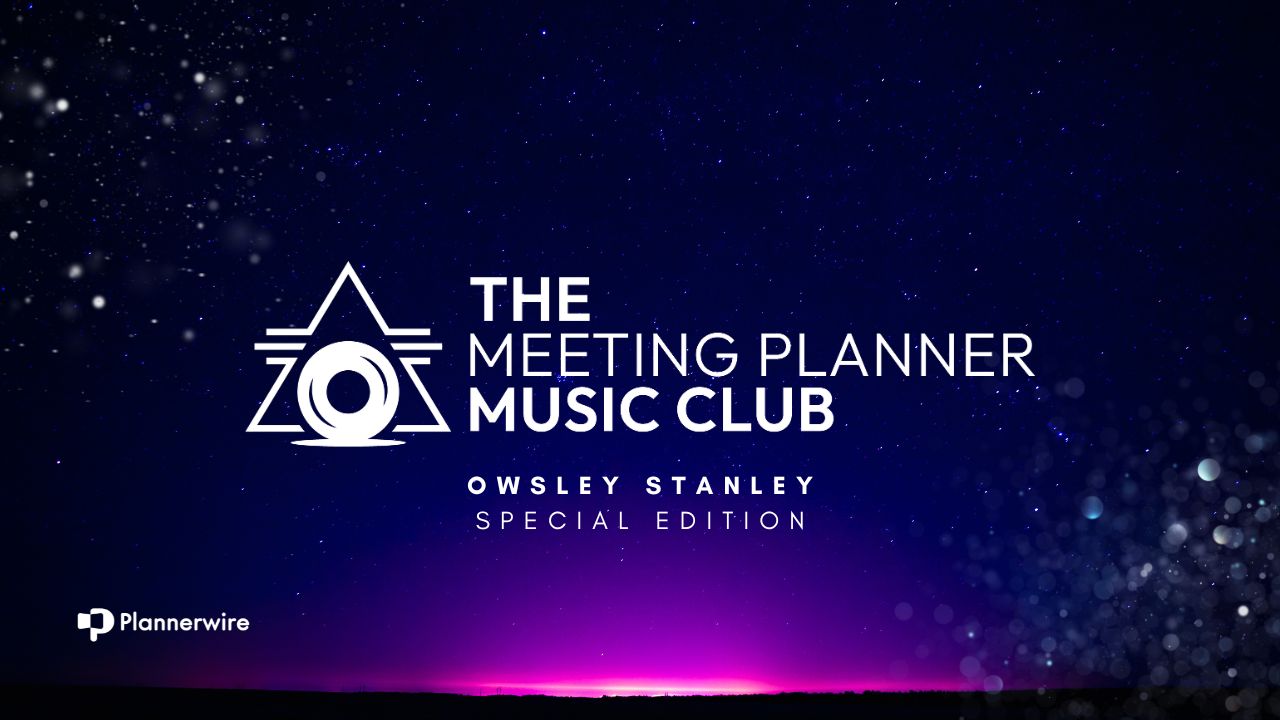Welcome back to our Meeting Planner Music Club series! In this edition, we delve into the fascinating world of Owsley Stanley, who died in an automobile accident in Australia yesterday. He was an iconic figure in the music industry known for his innovative contributions to sound engineering.
In his honor, we will explore his influence through the lens of the Grateful Dead’s serene classic, “Ripple,” a song that encapsulates the unique sound he helped create.
Owsley Stanley: A Pioneer Behind the Scenes:
Owsley Stanley, often affectionately referred to as “Bear,” was much more than a sound engineer; he was a visionary in the truest sense. His groundbreaking work in the 1960s and 70s, particularly with the Grateful Dead, revolutionized live sound systems. Stanley’s dedication to audio clarity and his innovative techniques in sound amplification and recording played a significant role in shaping the psychedelic rock sound of the era.
The Grateful Dead and “Ripple”:
“Ripple,” a track from the Grateful Dead’s 1970 album “American Beauty,” is a testament to the band’s folk and Americana influences. This song, with its poetic lyrics and gentle melody, stands as one of the band’s most beloved and enduring tunes. It showcases the Grateful Dead’s versatility and ability to create music that resonates with profound simplicity and depth.
Stanley’s Influence on the Grateful Dead’s Sound:
Owsley Stanley’s impact on the Grateful Dead’s music was profound. He was instrumental in crafting their live sound experience, emphasizing the clarity and quality of the audio. His work on the Wall of Sound, a massive, innovative PA system, provided unprecedented fidelity and volume control, allowing the nuanced layers of the Grateful Dead’s music, including songs like “Ripple,” to be appreciated in a live setting like never before.
“Ripple” – A Symbol of the Psychedelic Era:
“Ripple,” with its poetic lyrics written by Robert Hunter and its melodic tune composed by Jerry Garcia, is often seen as a reflection of the counterculture and psychedelic experiences of the 1960s and 70s. Stanley’s contributions to the sound technology played a significant role in bringing this and other tracks to life, both in studio recordings and live performances.
Legacy and Lasting Impact:
Owsley Stanley’s legacy extends far beyond his time with the Grateful Dead. His innovations in sound engineering set new standards in the music industry and influenced countless artists and engineers. The pristine sound quality he pursued and achieved allowed for a richer, more immersive listening experience, changing the way live music was presented and perceived.
Conclusion:
The synergy between Owsley Stanley’s technical genius and the Grateful Dead’s musical explorations created a sonic landscape where songs like “Ripple” could thrive. Stanley’s contributions went beyond mere technicalities; they were essential in shaping a pivotal era in music history.
Closing Note:
As we reflect on the intertwining of technology and artistry in music, we’re reminded of the unseen yet crucial roles that individuals like Owsley Stanley play in creating the soundtracks of our lives. Join us next time as we continue to explore the unsung heroes of the music world and the timeless tracks they helped bring to our ears. Until then, let the gentle waves of “Ripple” and the legacy of Owsley Stanley resonate in your heart.


